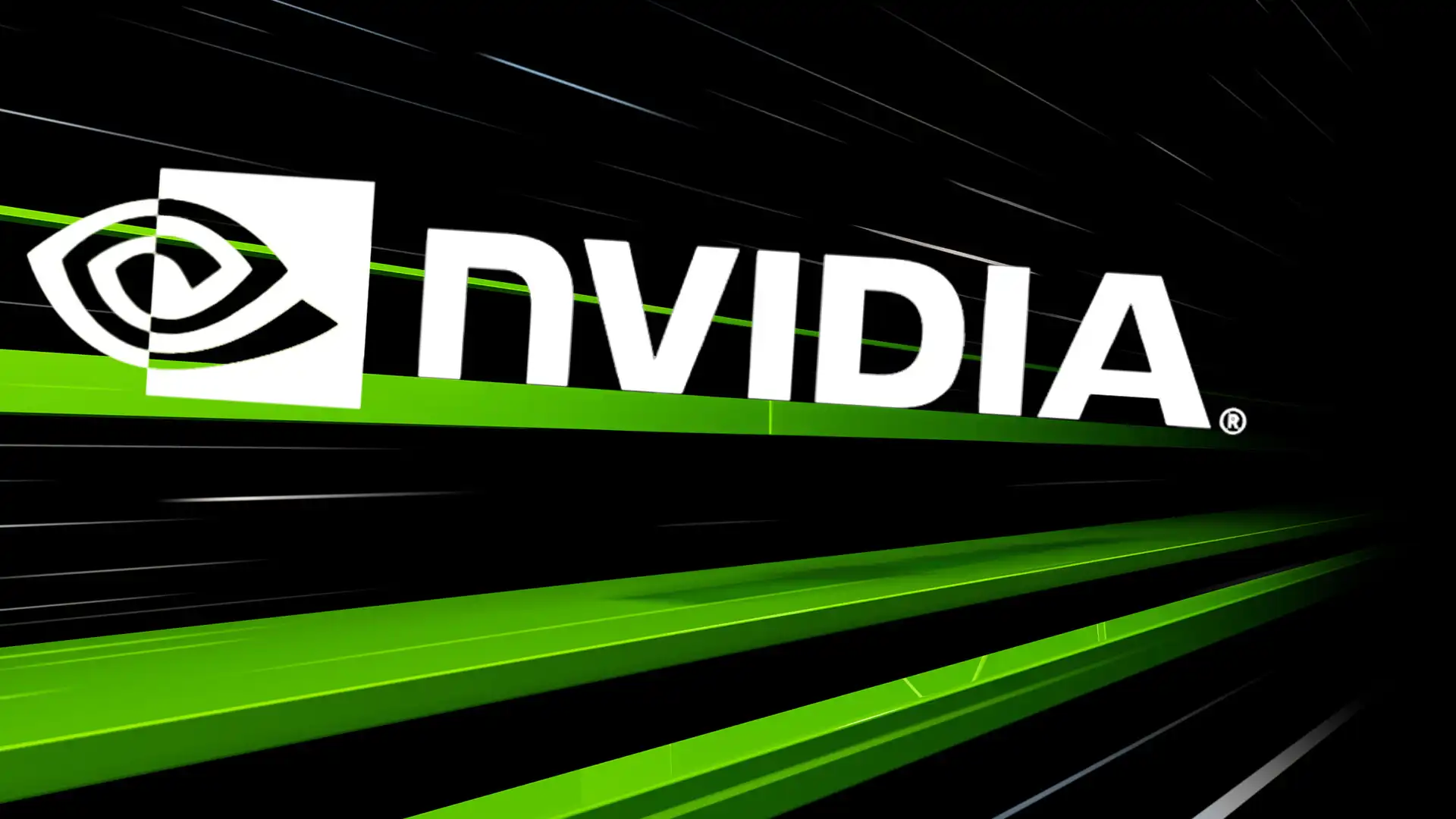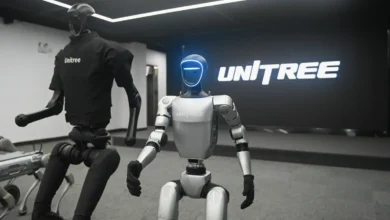Nvidia to Mass Produce AI Supercomputers in Texas, Kicking Off $500B U.S. Bet

In a landmark move reshaping the future of AI hardware, Nvidia has announced plans to manufacture its AI supercomputers entirely within the United States for the first time — signaling a massive $500 billion infrastructure push over the next four years.

“Adding American manufacturing helps us better meet the incredible and growing demand for AI chips and supercomputers, strengthens our supply chain and boosts our resiliency,” said CEO Jensen Huang.
The strategic shift comes amid escalating tariff tensions, with President Trump recently slapping 32% tariffs on Taiwanese tech imports and 145% on Chinese goods — a blow to global supply chains. However, just days later, Trump unexpectedly exempted chips and electronics like smartphones and computers from those tariffs, offering temporary breathing room to giants like Nvidia and Apple.
From Phoenix to Texas: Building AI at Scale
Nvidia’s transformation starts in Phoenix, where its new Blackwell AI chips are rolling out at Taiwan Semiconductor Manufacturing Co. (TSMC) facilities. Simultaneously, Nvidia is building two major production plants in Texas:
- Houston (in partnership with Foxconn)
- Dallas (with Wistron)
Both plants are expected to hit mass production within 12 to 15 months.
Nvidia will deploy digital twins—virtual models of its factories—to optimize design, operations, and automation. It will also leverage in-house robotics for precision tasks across assembly and testing.
1M+ Square Feet of AI Infrastructure
According to the company’s blog post, over 1 million square feet of new manufacturing capacity is already in the works. In Arizona, Nvidia is also teaming up with Amkor and Siliconware Precision Industries for chip packaging and testing.
While Nvidia still outsources much of its chip fabrication to TSMC, this massive domestic expansion marks a bold pivot toward supply chain sovereignty.
The White House blog labeled the announcement as the “Trump effect in action,” framing it as a validation of recent tariff policies. Nvidia, however, has declined to directly link the move to U.S. trade actions.
